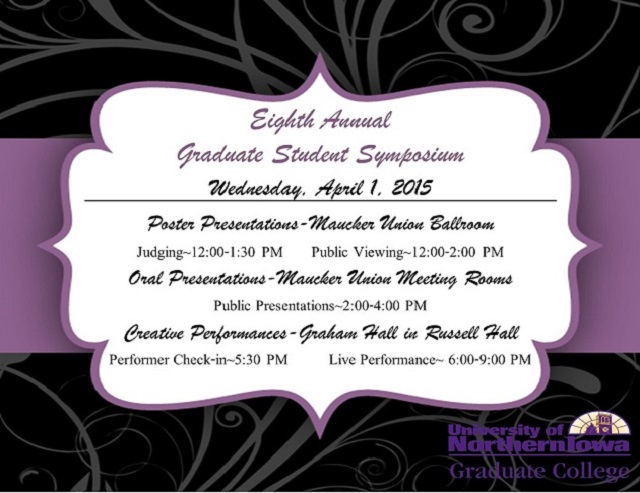
Complete Schedule
Presentation Type
Open Access Oral Presentation
Keywords
Americans--Travel--France--Paris--Attitudes; Paris (France)--Civilization--Foreign influences; Paris (France)--Social life and customs;
Abstract
In 1947, a group of twenty-two farmers from the state of Iowa traveled to Europe for a month-long trip around the continent’s top destinations. Their primary mission, as outlined in Life Magazine, was to investigate European farming practices, particularly agricultural methods and food needs in the postwar period.The article included photos of the Iowans visiting French farms and speaking with farmers but also included a full-page photo of the Iowans at a Parisian nightclub, complete with scantily clad women. Despite their agriculturally-based intentions, these Midwestern farmers could not resist a taste of Parisian culture.
This type of imagery is only one example showcasing the disparity between the hardworking, conservative culture of the United States and the sophisticated, creative culture of Paris in the period after World War II. Previous historical literature has provided a solid background for the development of tourism in the United States and has established a strong connection between tourism and consumer culture. In my project, I examine this connection within the context of American tourists in postwar Paris.
In addition, I look at how American perceptions of Frenchness and authenticity fit into this relationship between tourism and consumerism. As Paris began to modernize and adopt large parts of American culture, American tourists in Paris expressed dissatisfaction with this Americanized Paris, rejecting American ideals and culture during a time when America was supposedly the greatest nation in the world. My project suggests that these American tourists in Paris developed a sort of un-American identity in their emulation and admiration for French culture.
Start Date
1-4-2015 2:00 PM
End Date
1-4-2015 4:00 PM
Faculty Advisor
Brian Roberts
Department
Department of History
Copyright
© 2015 Margaret Nervig
File Format
application/pdf
Embargo Date
3-15-2015
An American’s Paris: Tourism and the American Consumer, 1947-1961
In 1947, a group of twenty-two farmers from the state of Iowa traveled to Europe for a month-long trip around the continent’s top destinations. Their primary mission, as outlined in Life Magazine, was to investigate European farming practices, particularly agricultural methods and food needs in the postwar period.The article included photos of the Iowans visiting French farms and speaking with farmers but also included a full-page photo of the Iowans at a Parisian nightclub, complete with scantily clad women. Despite their agriculturally-based intentions, these Midwestern farmers could not resist a taste of Parisian culture.
This type of imagery is only one example showcasing the disparity between the hardworking, conservative culture of the United States and the sophisticated, creative culture of Paris in the period after World War II. Previous historical literature has provided a solid background for the development of tourism in the United States and has established a strong connection between tourism and consumer culture. In my project, I examine this connection within the context of American tourists in postwar Paris.
In addition, I look at how American perceptions of Frenchness and authenticity fit into this relationship between tourism and consumerism. As Paris began to modernize and adopt large parts of American culture, American tourists in Paris expressed dissatisfaction with this Americanized Paris, rejecting American ideals and culture during a time when America was supposedly the greatest nation in the world. My project suggests that these American tourists in Paris developed a sort of un-American identity in their emulation and admiration for French culture.


